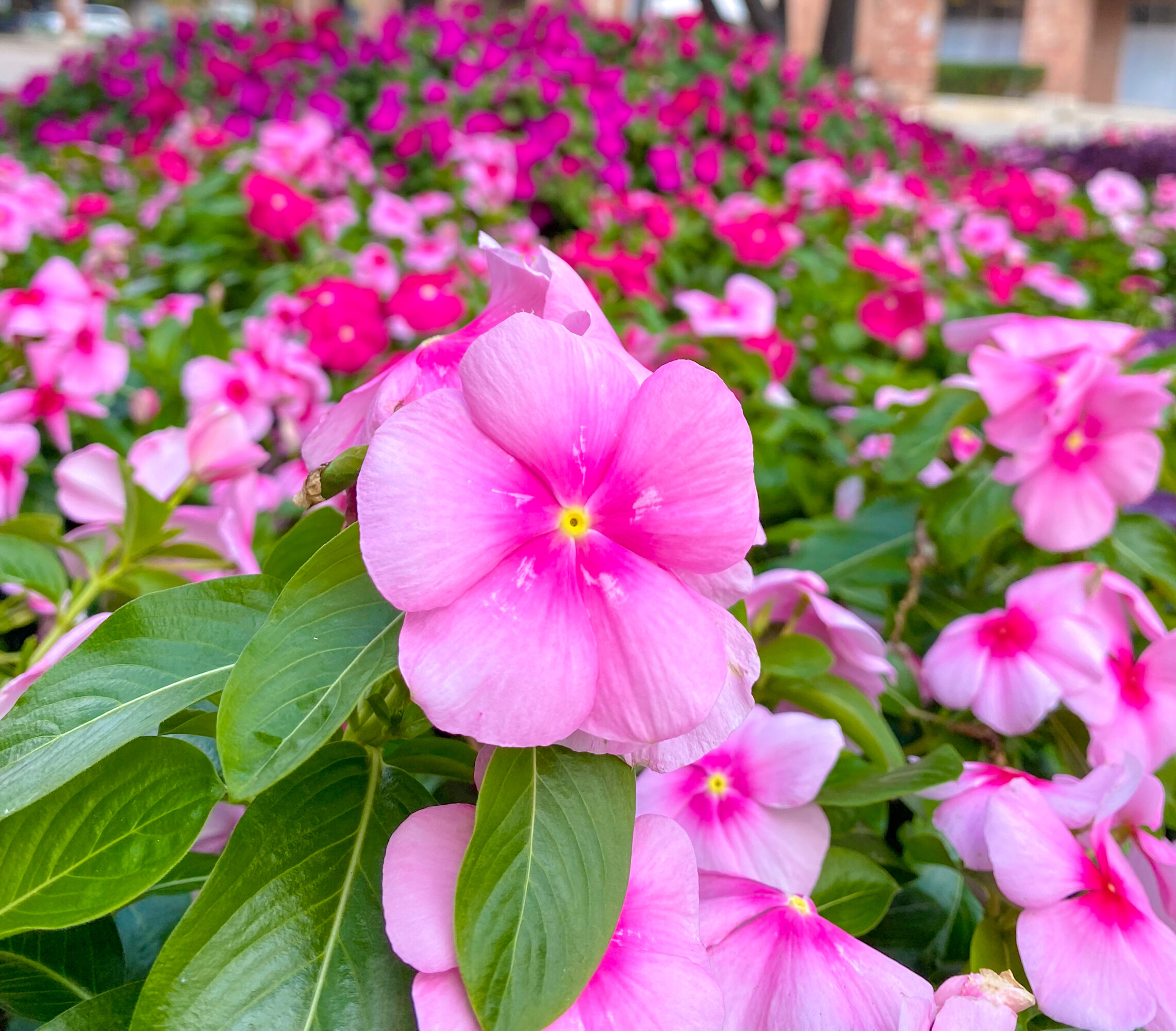Serena Anagbe / Photo Editor
A bed of flowers.
Actions are influenced by the actor’s environment. The social composition of resources, the community ties they have, what opportunities will be present in the future. All these factors, as well as many more, all contribute to the development of social attitudes, such as criminality.
These factors present several issues when being addressed, such as how do we attack poverty while operating in a winner-loser economic system? How do we provide housing for the vulnerable when the average person struggles to pay rent? How do we do anything at all when the game has been fundamentally rigged against us? Simple: We get creative.
When you’re staring down the barrel of global extinction, solutions may be sparse and disparate. However, Environmental Criminology purports to address issues in the construction of environment to address antisocial behaviours, such as crime. One aspect to this line of thought is that by making residents more individually responsible for their environment, crime rates will decrease.
While this is great to know, what exactly does it have to do with plants?
Compared to buildings and expansive social programs, plants are cheap. They are a cheap means to get the proverbial ball rolling towards a cohesive community. Community gardens present an opportunity to bring people together in a common, non-political and non-economic cause. After all, who wouldn’t want their neighbourhood to look pretty or to have next to free food to eat?
The concept of community gardens is not new to Brantford. The city already has a community garden program designed to help engage the community to group activities. As of writing this, there are 14 gardens in Brantford, with residents being able to submit a message to the city to request more locations.
The ability to erect more communal green spaces is important, not only because of how it could bring together members of the community, but it serves to help address food shortages in communities and helps to educate local citizens in ecology. With a looming climate crisis that threatens to make crop growth increasingly unfeasible for every degree increase in global temperature, it is imperative that communities can find a way to strengthen their bonds before the current crises of housing, food, fascism and climate threaten to break community ties altogether from unbearable strain.
One such way this can be done is seen in Stephen Markley’s The Deluge, wherein a social movement known as A Fierce Blue Fire establish a number of outposts on the continental U.S.A. with the express purpose of educating their communities on sustainable practices, growing food to provide their communities with as well as providing rehabilitation services for drug users.
While it may seem ridiculous to point to a novel as a solution, it is a preferable alternative to the extinction of our species, our hopes, our dreams. This is a crisis which requires creative solutions to overcome the weight of a system that is so far beyond corrupt that it has spiraled out of our control. It is a people’s war for survival. That is the promise of community gardens. Not to simply please the hippie crowd, but to start preparing the average person to survive, endure and persevere in what will undoubtedly be the most challenging years that humanity has ever faced.
With this being said, one question is left. Where are you going to start a garden?
This article was originally published in print Volume 23, Issue 7 on Thursday, March 7.




